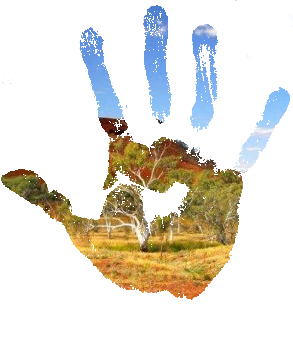Important bill to bring new recognition
 A private member's bill is seeking to acknowledge Aboriginal people as the original and traditional custodians of Western Australia, which some say comes far too late.
A private member's bill is seeking to acknowledge Aboriginal people as the original and traditional custodians of Western Australia, which some say comes far too late.
The bill to recognise Aboriginal people in the WA constitution was introduced in by Kimberley MLA Josie Farrer, who says it may go some way to re-balancing the disturbance crated by colonialism.
“We've been here over 60,000 years, and I know with the white settlers, they have been here about 400 years,” Ms Farrer said.
“It's long overdue for us, we need that recognition to move on in life.
“This is a very symbolic day for us because it recognises the reconciliation that has been talked about for some time.
“We all need to embrace it as Australians because this is a very spiritual country - it belongs to our people.”
There has been plenty of criticism at the lack of empowerment that comes with native title decisions around Australia. Efforts have been made in the past to bring more ability along with the recognition, such as Bob Katter's attempt to give local governments and native title holders the power to issue title deeds.
The recent WA bill will further recognise that European people arrived and settled on lands after no consultation with the original inhabitants.
Advice has been sought from the WA solicitor-general, who suggested there would not be any legal consequences from the amendment.
But WA Opposition spokesperson for Aboriginal affairs, Ben Wyatt, says it is overdue and something to celebrate.
“It's not just an Aboriginal story, it's a West Australian story and this is a great opportunity for everybody to celebrate a connection that goes back tens of thousands of years,” he said.
“It's an opportunity for every West Australian to buy into the amazing history that we have in Western Australia, the long connections of Aboriginal people from the Kimberley to the Great Southern.
“So it is a chance to correct a historical wrong.”
Indigenous Australians were only recognised as full citizens and given the right to vote nationwide in the nineteen-sixties.







 Print
Print